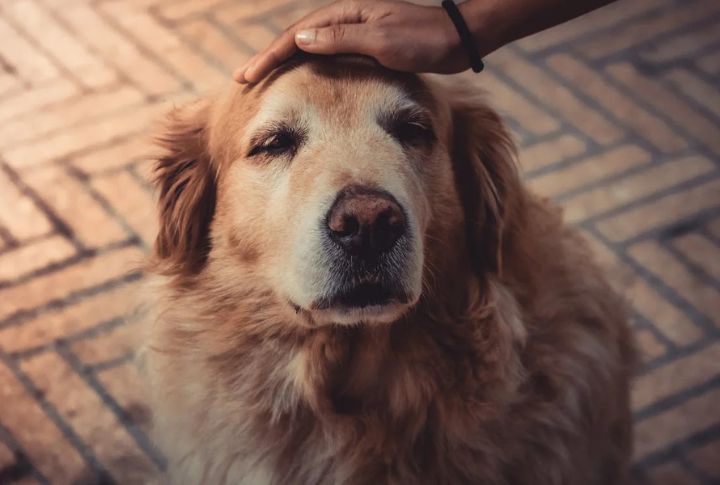10 Health Challenges Older Dogs Face

Aging comes with experience, but it also brings new challenges for dogs. Changes can happen quickly, and some are easier to miss than others. Recognizing the signs early helps keep your furry companion comfortable and by your side for years. Here are ten common health issues senior dogs often face.
Joint Pain

Stiff legs after a nap? That could be arthritis creeping in, which affects one in five senior dogs. Joint pain makes everyday movements a struggle, leading to a reluctance to climb stairs or go for walks. Larger breeds like Labradors and German Shepherds are especially at higher risk due to their size and weight.
Vision Loss

A once-confident dog hesitating at stairs or bumping into furniture might be a sign of struggling with eyesight. Cataracts, glaucoma, and retinal atrophy affect many senior dogs, particularly Retrievers and Schnauzers. For this reason, keep floor layouts consistent and introduce verbal cues to help your dog adapt to vision loss.
Weight Changes

Sudden weight changes in dogs often signal underlying health issues. A shrinking waistline or loss of appetite may point to diabetes or thyroid disease, while sudden weight gain may signal heart disease or fluid buildup. Maintaining a proper weight is important, as obesity can reduce a dog’s lifespan by up to two years.
Cognitive Decline

Has your dog ever stared blankly at a wall or wandered restlessly at night? Disorientation and lapses in house training could be signs of canine cognitive dysfunction, a condition similar to dementia in humans. Increased anxiety and confusion often accompany it, but maintaining a consistent routine and providing mental stimulation can help slow the progression.
Heart Disease

That occasional cough might not be harmless—it could be an early sign of heart disease, which affects 10% of senior dogs. Small breeds like Chihuahuas are especially prone to mitral valve disease, while larger breeds often develop dilated cardiomyopathy. Signs like labored breathing or a swollen abdomen may point to congestive heart failure and shouldn’t be ignored.
Hearing Decline

Strange noises may no longer startle your dog, and commands seem unheard. Most dogs experience some hearing loss around age 13. High-pitched sounds fade first, but vibrations still register. Early hand signal training ensures communication remains effective long after ears stop working.
Kidney Issues

Increased thirst and frequent urination can be early signs of kidney disease, which affects 1 in 10 senior dogs. Routine bloodwork helps detect damage before symptoms appear, allowing for early intervention. With proper hydration, dietary adjustments, and medical care, the condition can be managed to support your dog’s overall well-being.
Skin And Coat Health Decline

A dull coat or constant itching often signals underlying health issues like hormonal imbalances, allergies, or even cancer. Older dogs, especially Golden Retrievers and Boxers, are more prone to skin tumors. Regular checkups, a nutrient-rich diet, and Omega-3 supplements can support healthy skin and maintain a shiny coat.
Dental Disease That Leads To Pain And Appetite Changes

Bad breath is more than unpleasant—it’s often the first sign of periodontal disease. By age three, 80% of dogs show signs of gum infection, which worsens with age. Left untreated, bacteria enter the bloodstream, affecting the heart and kidneys. Regular cleanings can prevent serious complications.
Cancer Risk

Half of all dogs over age 10 develop some form of cancer. While some lumps are benign, others, like mast cell tumors or osteosarcomas, can be aggressive. Catching changes early improves treatment success, with options ranging from surgery and chemotherapy to immunotherapy.





